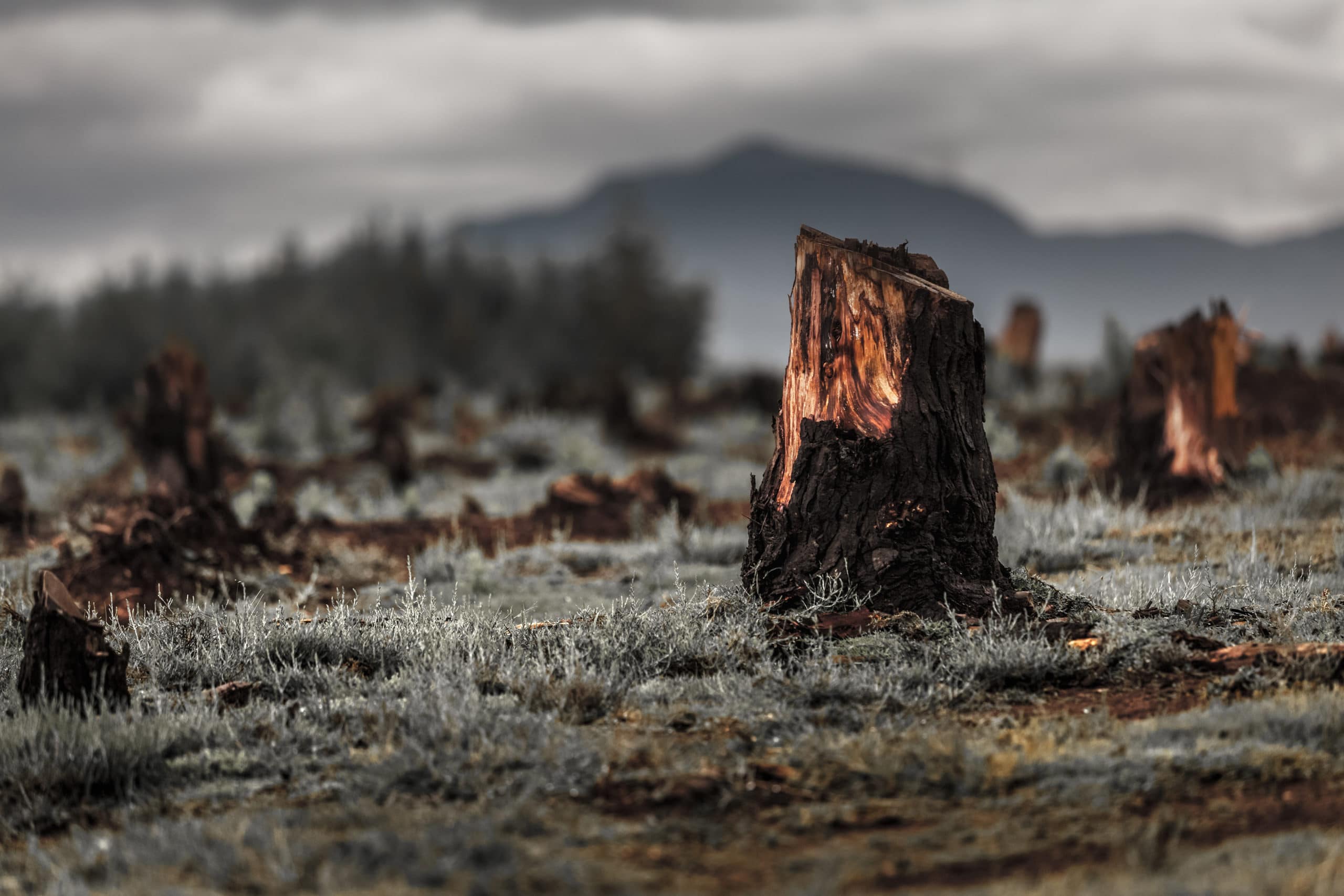- Blog
- Forests
- Land Grabbing, Forests & Finance
- Another hidden link between your retirement funds and rainforest destruction: Maybank, the world’s largest financier of palm oil
Another hidden link between your retirement funds and rainforest destruction: Maybank, the world’s largest financier of palm oil
by Jeff Conant, Senior International Forests Program Manager

Donate Now!
Your contribution will benefit Friends of the Earth.
Stay Informed
Thanks for your interest in Friends of the Earth. You can find information about us and get in touch the following ways:
The global palm oil sector is projected to be worth $88 billion by the year 2022. Palm oil exported from Indonesia, West Africa, and Central America has become the go-to fat for use in thousands of consumer products, from baked goods and ice cream to cleaning products and cosmetics. It’s in Nestlé’s chocolates, in PepsiCo’s Frito-Lay snacks, in Campbell’s cookies and crackers; it’s the stuff that makes your Nutella and your Krispy Kreme doughnuts so fatty. Add to this the fact that you can burn it as a biodiesel and you’ve got a miracle crop, and a boon for investors.
The fact that palm oil is a boon for investors means that a major portion of the industry is driven by the retirement accounts, 401k’s, and mutual funds owned by ordinary people like you and me. And this means that the destruction wrought by the palm oil sector — millions of hectares of forest and peatlands destroyed, entire species driven to the brink, assaults on local communities’ lands — is our responsibility. But this responsibility is so diffuse, and the chain of custody between my retirement fund and the companies wiping out the rainforest is so long and complex, that it is mind-bogglingly difficult to figure out how to address this responsibility.
As it happens, the growth of the palm oil industry has coincided with two global trends in finance. The first is a massive increase in investments going to developing countries. According to research by the Ethical Investment Research Services, investments in emerging markets (i.e. developing countries) grew by 30 percent between 2011 and 2015, and continues to grow.
The destruction wrought by the palm oil sector — millions of hectares of forest and peatlands destroyed, entire species driven to the brink, assaults on local communities’ lands — is our responsibility.
Those same years saw the massive growth of “index funds” — that is, packaging together a bundle of companies into an “index” whose fluctuations follow the market as a whole, and selling the indexed fund as a low-risk investment product. Between 2000 and 2014, the amount of money invested in index mutual funds more than quintupled. By some accounts, up to 20 percent of stocks are now traded in indexed funds.
As Asian agribusiness giants grew through the 1980s and 1990s and into the 2000s, largely by taking over vast swaths of land and converting rainforests to plantations, many of these companies “went public” and began selling shares on the stock market. The companies’ sheer size ensures that their shares appear in any portfolio of Asian securities, making them a common stock for large funds that invest “across the market.” This, combined with the fact that growing demand for palm oil makes it a good medium-term investment, has ensured that these companies’ stock, just like the oil itself, is now ubiquitous.
Our report Are You Invested in Exploitation revealed the top ten U.S. investment firms with holdings in palm oil plantation companies — firms with everyday names like BlackRock, Fidelity, Vanguard, JPMorgan Chase and TIAA. A report released today by TuK INDONESIA and Profundo finds that these same funds are heavily invested in another driver of palm oil-fuelled rainforest destruction: one giant Malaysian bank called Maybank. The report finds that Maybank provided 11% of all loans and underwriting to 85 palm oil companies between 2010 and 2016.
Friends of the Earth has been campaigning to pressure U.S. institutional investors like TIAA and CalPERS to adopt policies that prevent them from financing controversial clients, or urge them to drive improvements in these clients’ environmental, social and governance performance. The analysis in this report indicates that many of these financiers profit not only from investing in palm oil producers — they also profit by investing in banks, like Maybank, that underwrite forest destruction.
Today, we’re joining our partners at TUK Indonesia to send letters to all of the major U.S. investors in Maybank, including BlackRock, JPMorgan Chase, AIG, and Liberty Mutual, to pressure them to adopt policies that prevent our money from destroying the rainforest.
It’s time to defund deforestation.
